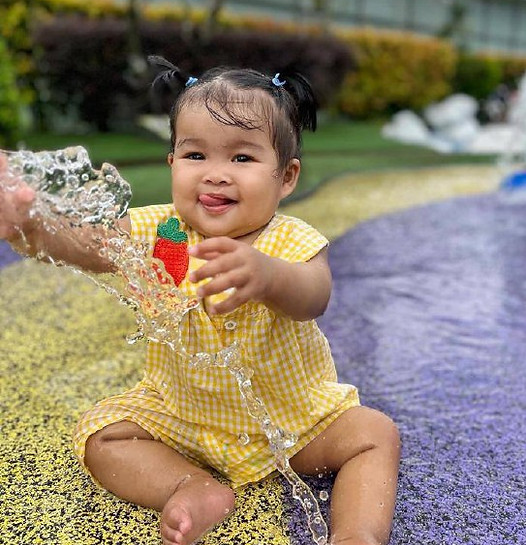Business Development and Operations Manager (Punggol)

Bright Kids School House
Infant Care (2 Months to 18 Months)
At Bright Kids School House, we provide quality infant care in Singapore for babies aged 2 to 18 months. Our infant care programme focuses on creating a nurturing, safe, and stimulating environment, giving every child the best start in life.
With a low adult-to-child ratio, each infant receives personalised attention from a dedicated caregiver. This close bond helps babies feel secure while supporting their cognitive, physical, and social development.
Activities are carefully planned around age-specific milestones:
-
0–6 months: Sensory play, bonding, and motor skills
-
7–12 months: Crawling, communication, and interactive play
-
13–18 months: Early walking, problem-solving, and social interactions
Our goal is to help infants grow with confidence, curiosity, and joy — laying the foundation for their preschool years.

Check out our Bright Kids Infant Care Centres




Development of 4 Key Domains
Linguistic Skills
At Bright Kids, infants are immersed in a rich language environment. Through songs, stories, and daily routines, caregivers encourage babies to listen, respond, and begin using sounds and simple words. This early exposure builds a strong foundation for communication and bilingual learning.
Cognitive Skills - Play and Activity
Your baby learns best through play. Activities such as reading picture books, exploring sensory toys, dancing, and listening to music stimulate their curiosity, problem-solving, and early memory skills. These fun experiences nurture thinking and creativity.
Social Skills
Infants thrive in a warm and caring environment. With consistent attention from Bright Kids's passionate educators, our infants form secure attachments and build trust. As they interact with caregivers and peers, they learn to express emotions, share smiles, and develop confidence in social settings.
Physical Skills
From tummy time to grasping toys, our infants are guided through activities that strengthen their motor development. Playtime encourages movement of hands, fingers, and feet, helping them build coordination, balance, and strength at every stage of growth.